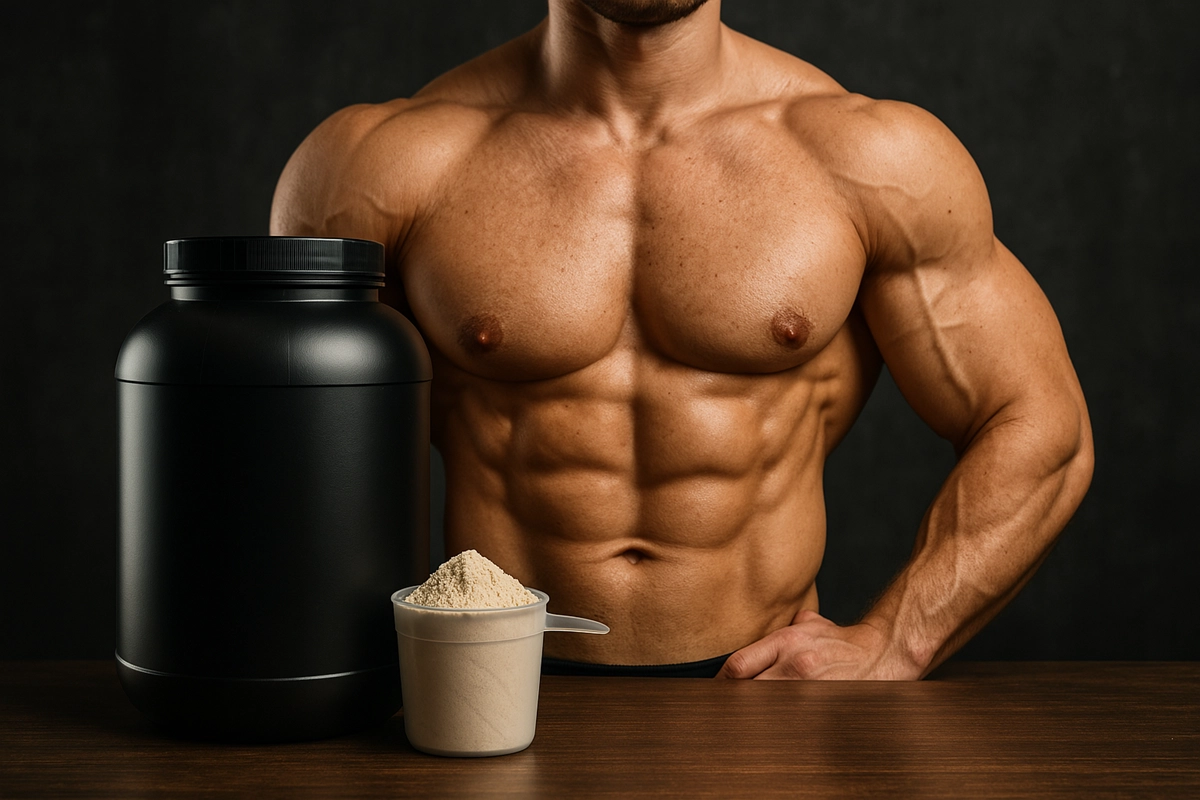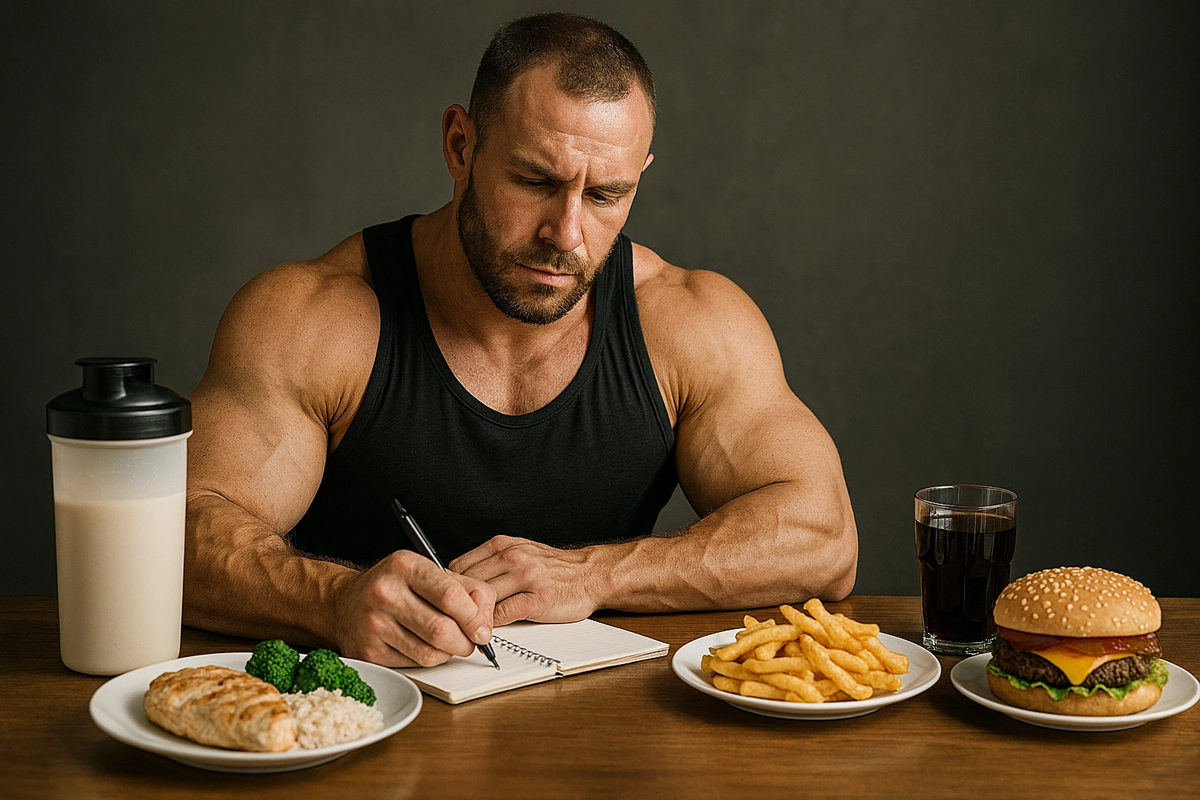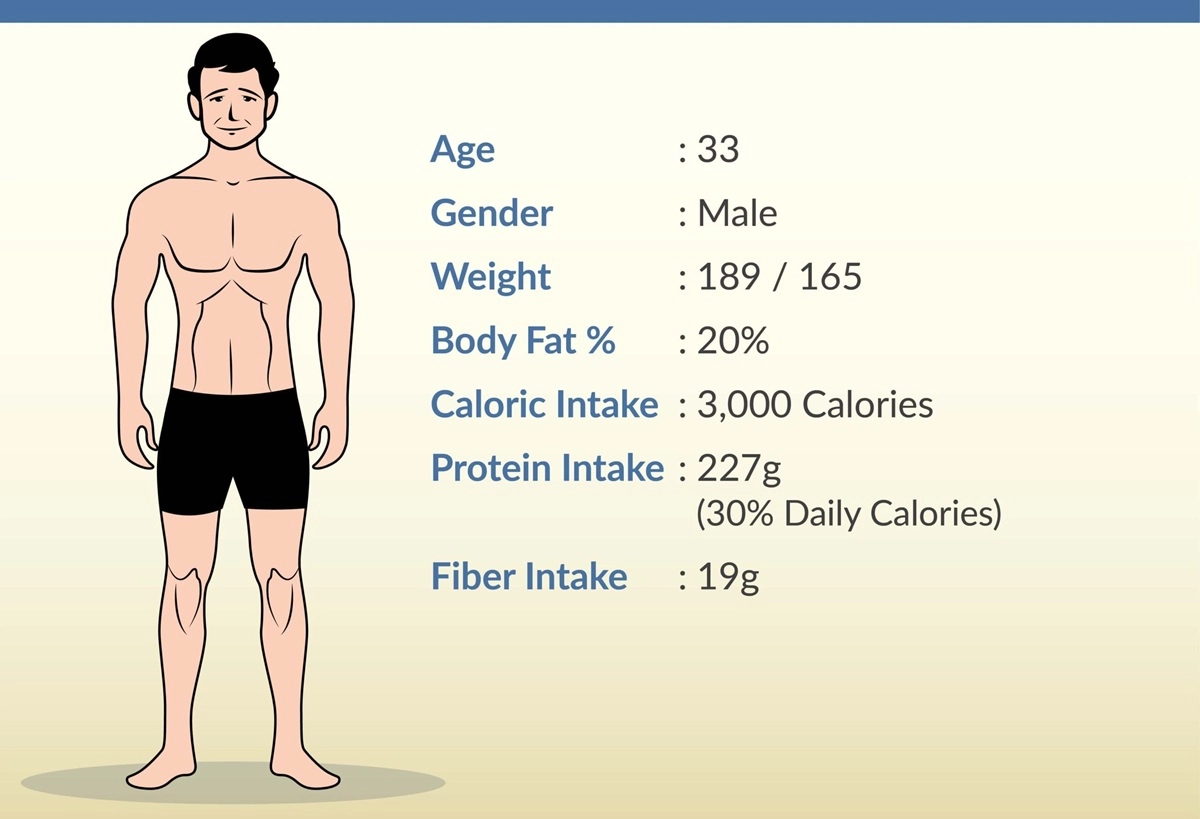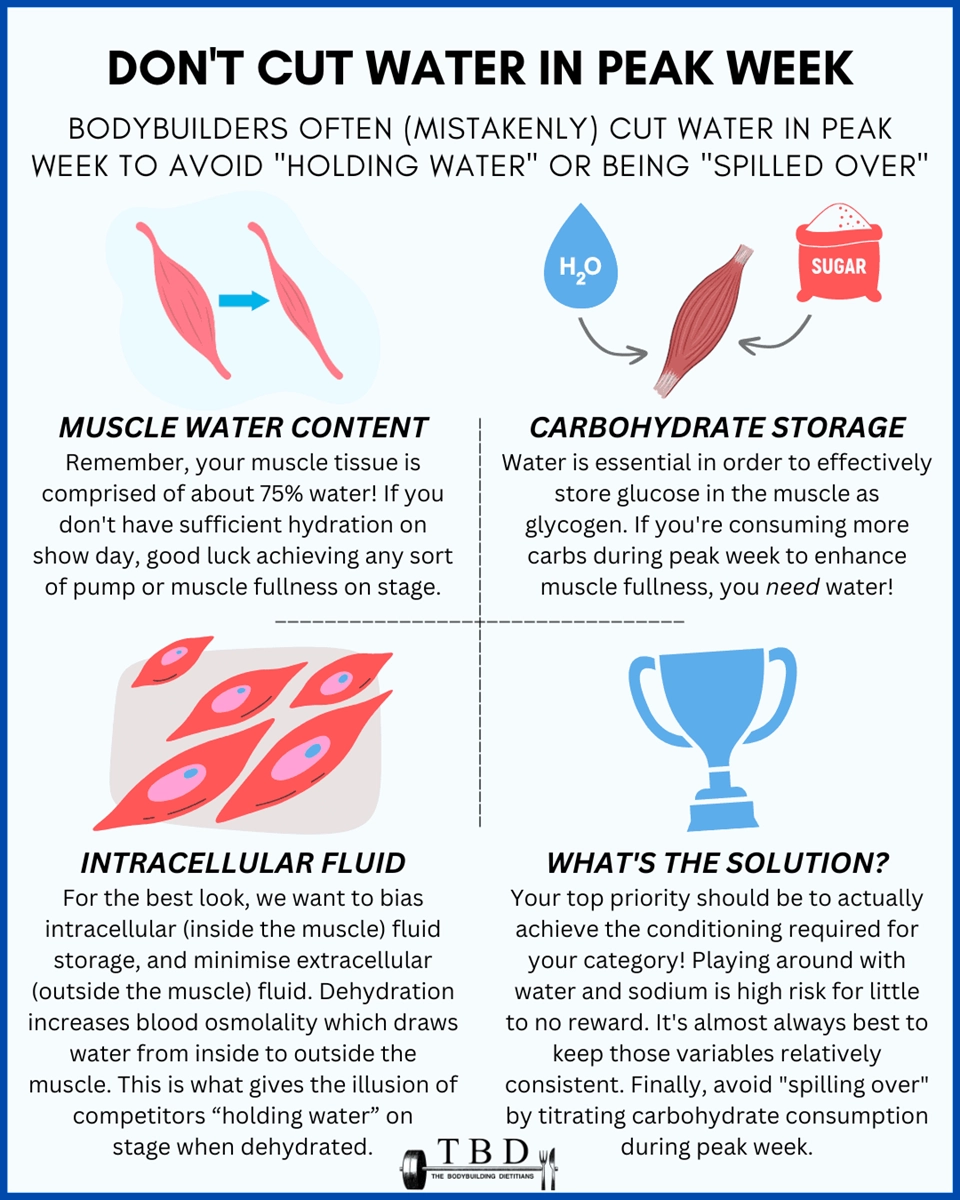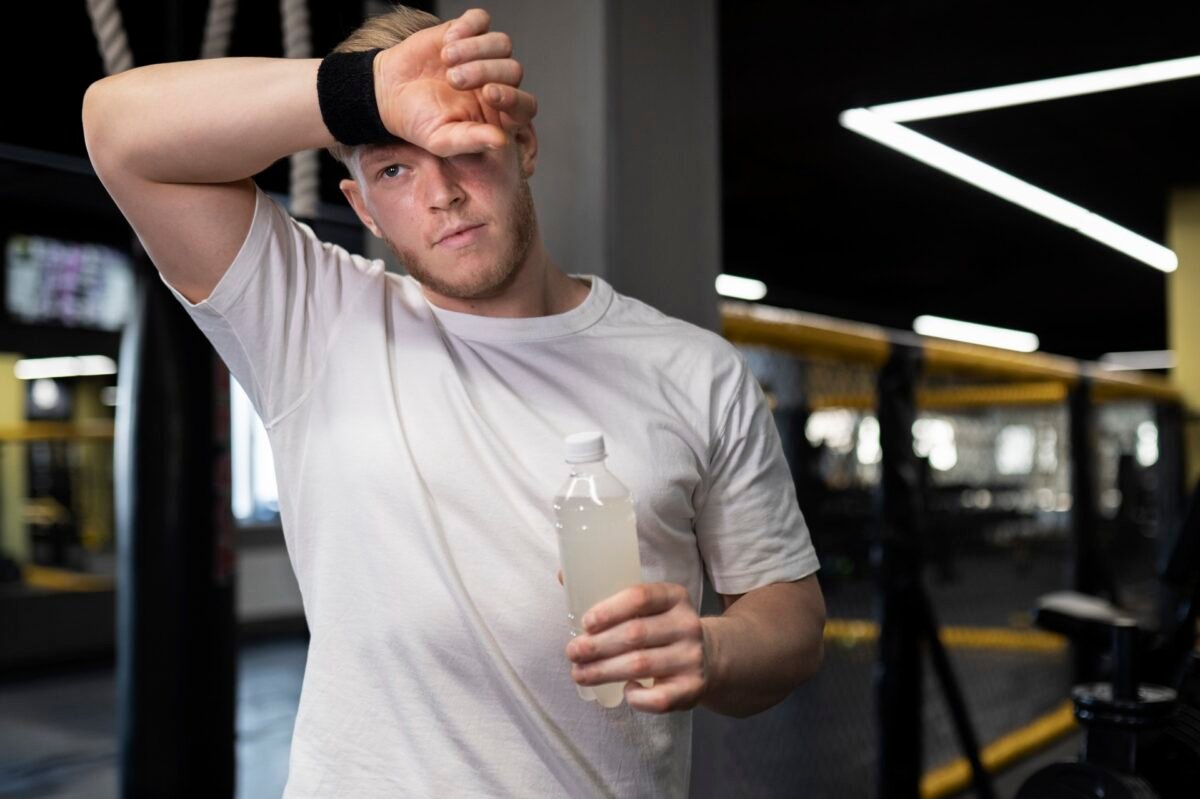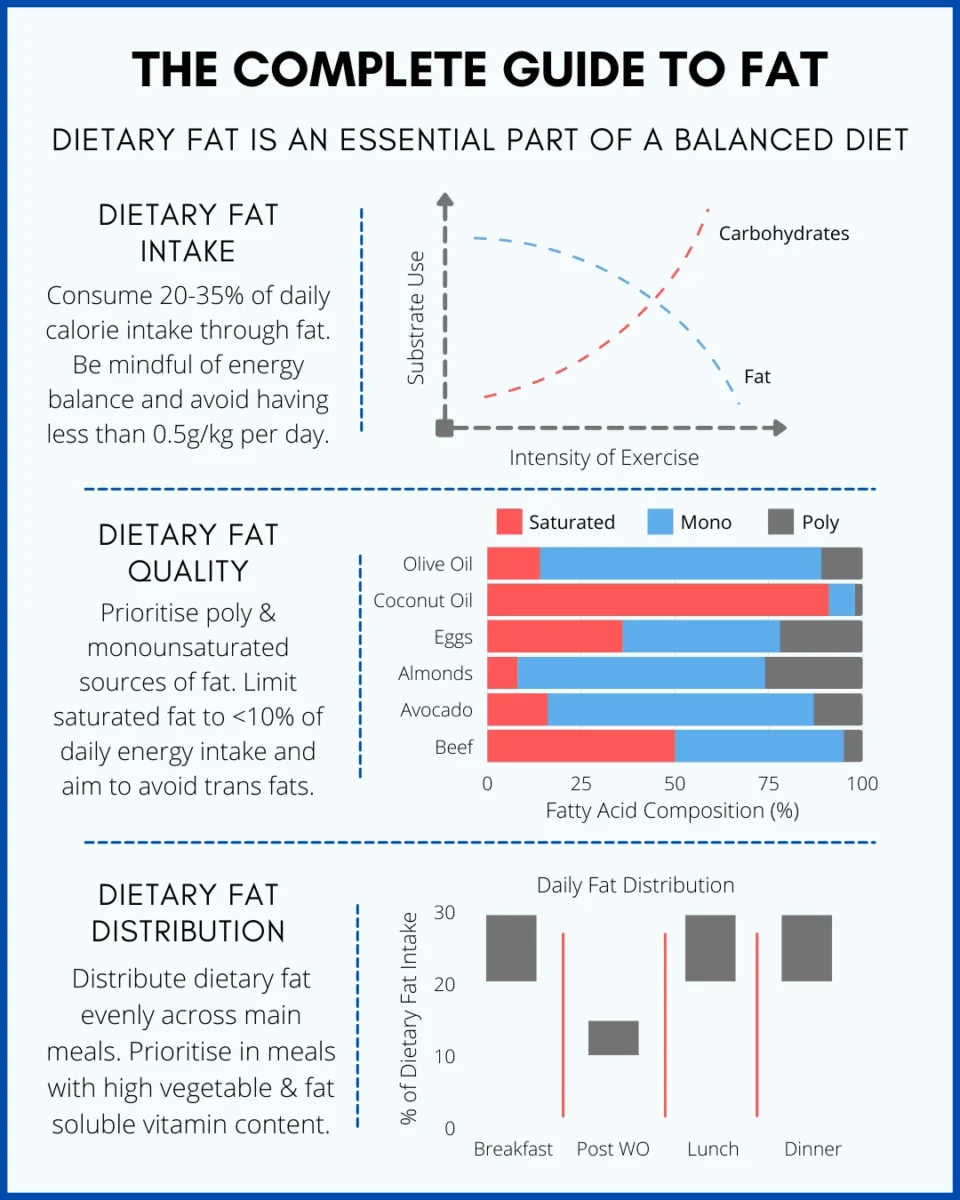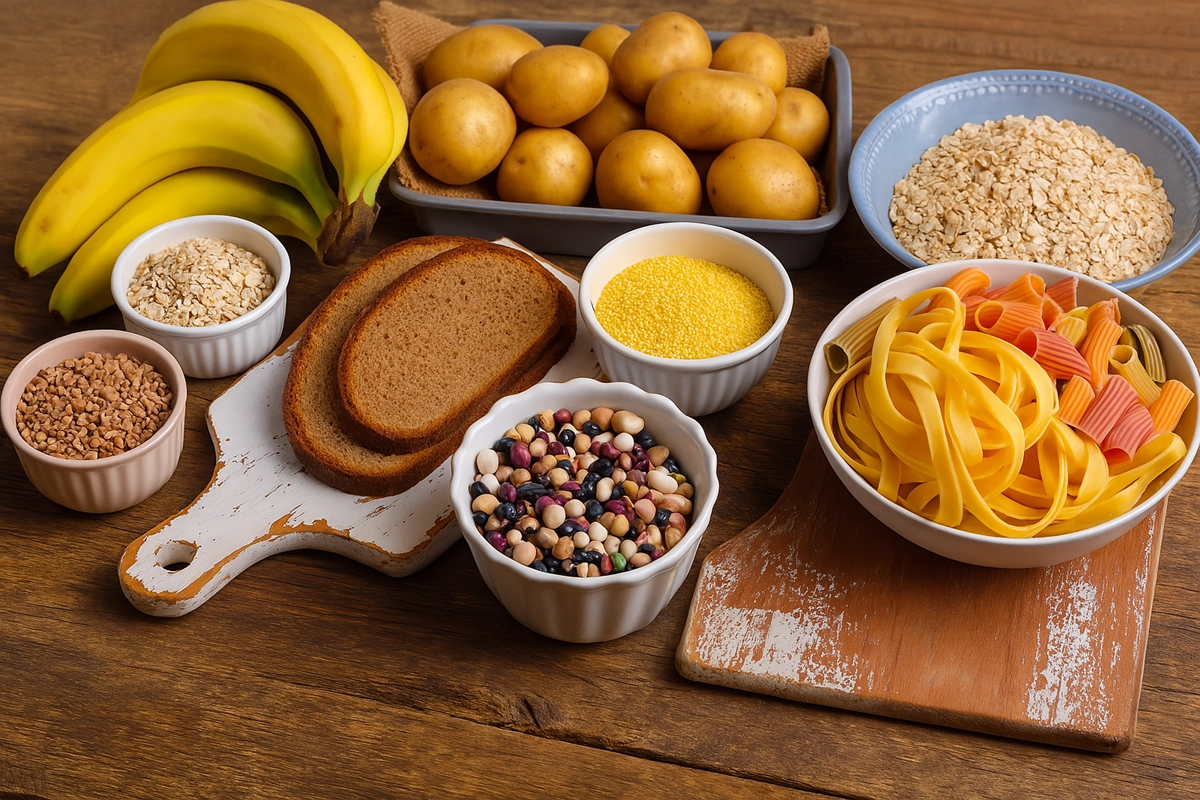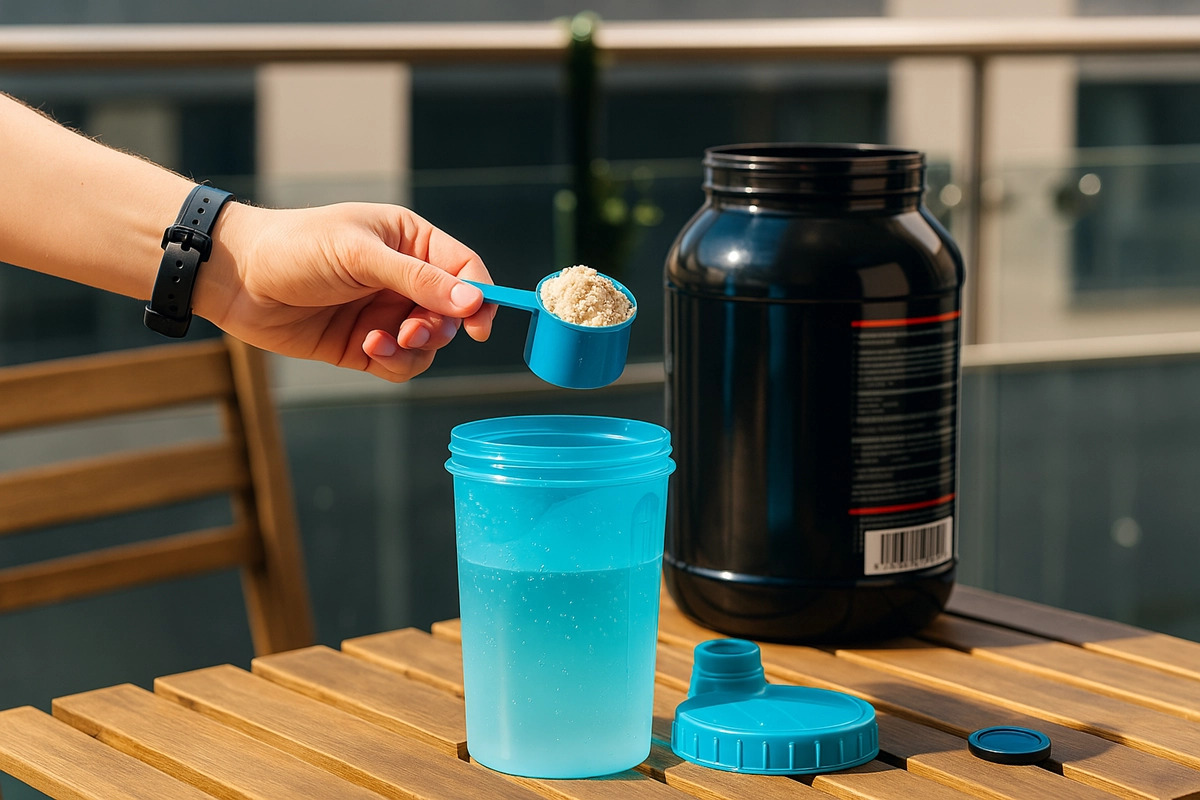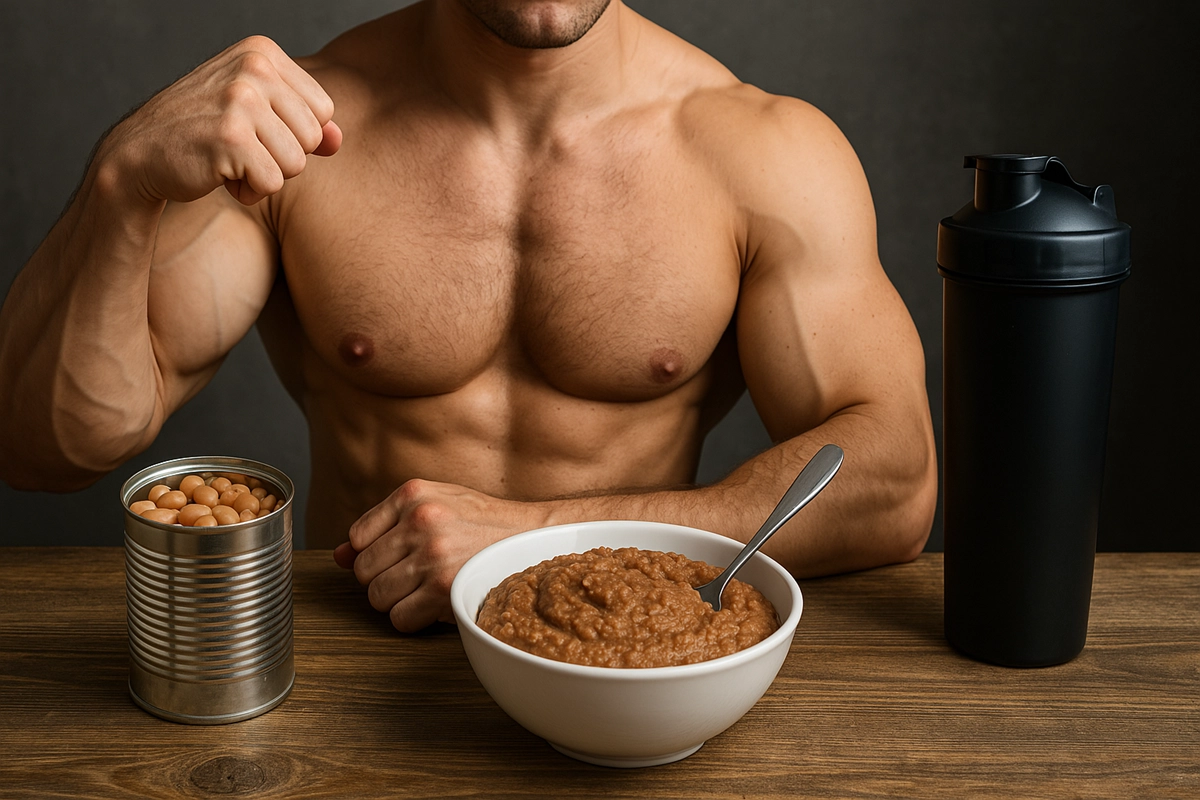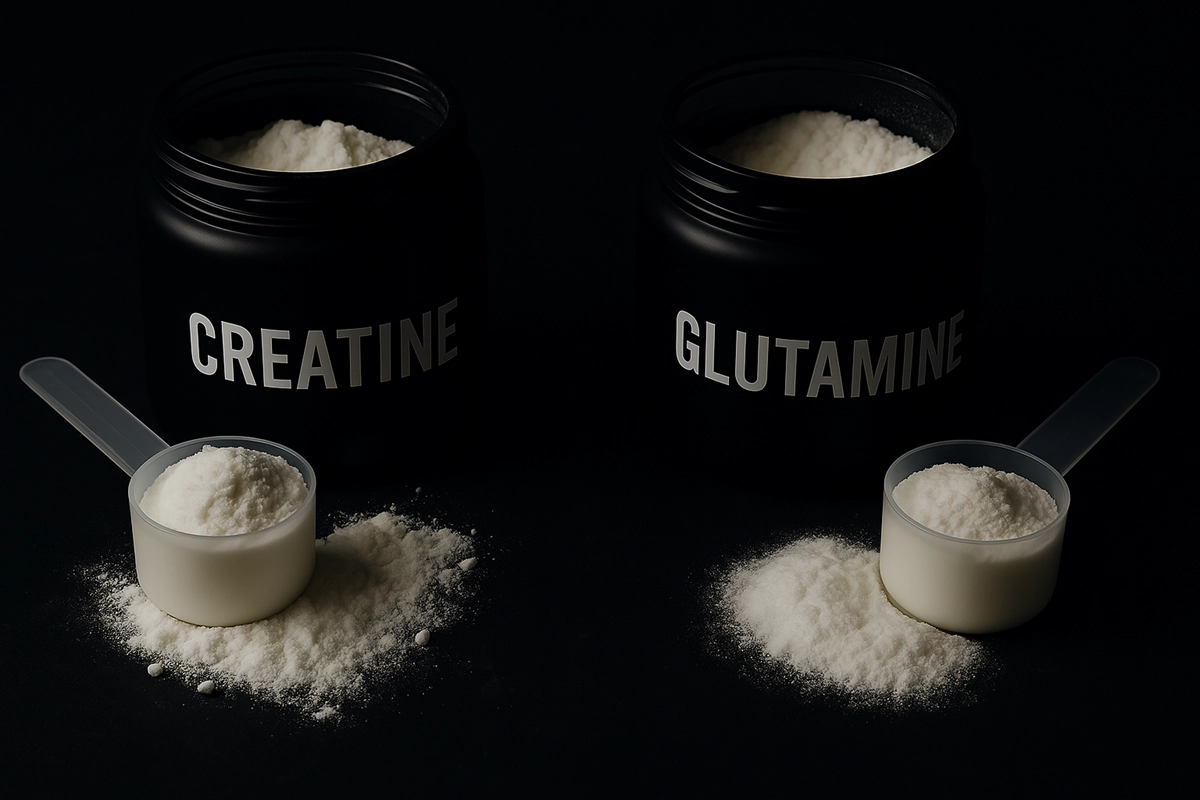If you’re looking to transform your physique like Arnold did in his prime, you’ll need to understand the truth about protein shakes.
These popular supplements can support both muscle growth and fat loss goals, but they’re not the magic bullet many claim them to be.
The science behind protein supplementation is precise, but knowing when and how to use shakes effectively makes all the difference in your results.
Introduction To Muscle Mass Shakes
Protein shakes help build muscle mass. They provide essential nutrients. These nutrients repair muscles after workouts. Shakes are easy to make. They fit into busy schedules. Each shake can be customized. Add fruits, nuts, or other ingredients. This makes them tasty and nutritious.
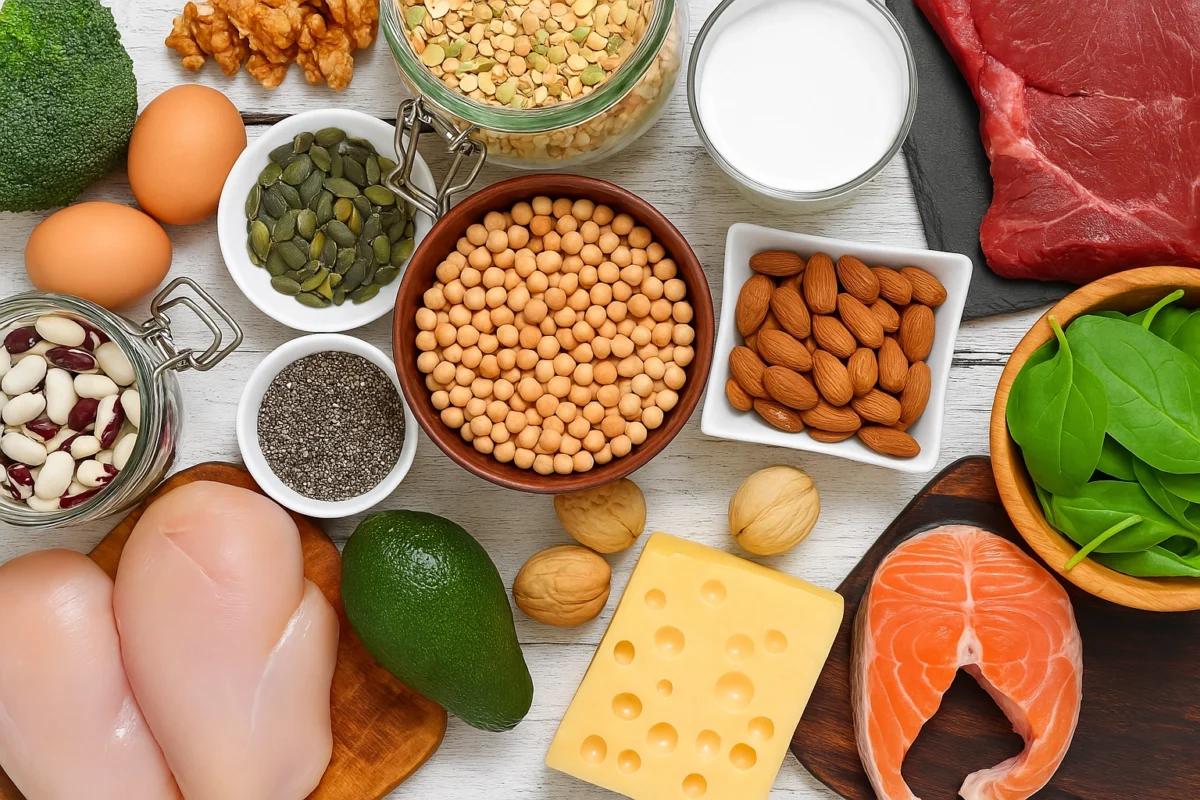
Protein shakes are popular now. Many people use them daily. Athletes and fitness enthusiasts love them. Social media has boosted their fame. Many brands offer different flavors. There are options for everyone. Even kids enjoy some flavors. They are a trend in the fitness world.
Nutritional Content
Muscle mass protein contains several key ingredients. The main ingredient is whey protein. Whey protein helps build and repair muscles. Another essential ingredient is casein protein. Casein protein digests slowly. This helps provide a steady supply of amino acids.
Soy protein is also included. Soy protein is a suitable option for individuals who are lactose intolerant or do not consume dairy products. Lastly, egg protein is often used. Egg protein is rich in essential amino acids.
Muscle mass protein includes different types of protein. Isolate protein is one type. It contains a high percentage of pure protein. Concentrated protein is another type. It has a lower protein content but contains more nutrients.
Hydrolysate protein is pre-digested. This makes it easy to absorb. Blended protein is a mix of different proteins. This provides a balanced nutrient profile.
Mechanisms Of Muscle Growth
Muscles grow through a process called protein synthesis. This process builds new muscle proteins. Exercise triggers protein synthesis. Eating protein-rich foods helps too.
Muscles need these proteins to repair and grow. More proteins mean bigger and stronger muscles. A balance of exercise and diet is key. Consistency is crucial for muscle growth. Small steps lead to significant gains over time.
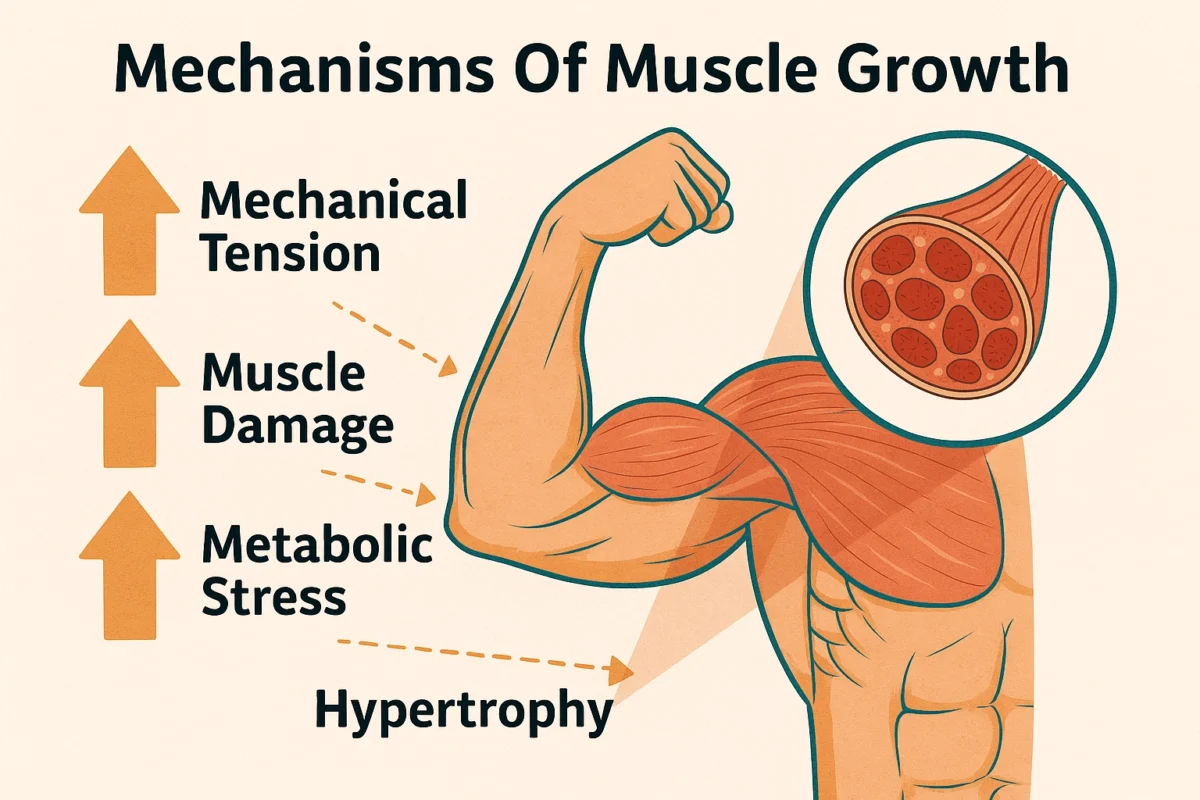
Amino acids are the building blocks of proteins. They play a crucial role in muscle growth. Essential amino acids must come from food. These are found in meat, beans, and nuts. Branched-chain amino acids (BCAAs) are crucial.
They help in muscle recovery and growth. Leucine is the most effective among them. It activates protein synthesis. This makes it easier for muscles to grow and repair.
Protein Shakes Are a Dietary Supplement
Two key forms of protein shakes dominate the supplement market: ready-to-drink bottles and powdered mixes, which can be found in nearly every health store.
If you’re looking to support muscle growth, you’ll want to understand that these supplements provide essential amino acids, the building blocks your body needs to function correctly.
You’ve got options when it comes to protein supplements.
If you prefer animal-based sources, whey and casein from cow’s milk are popular choices, while egg white protein works well if you’re dairy-sensitive.
For plant-based alternatives, you can choose from soy, pea, hemp, or rice protein.
Benefits for Muscle Gain
Now that you understand the basics of protein supplements, let’s explore how they can transform your muscle-building journey.
When you combine protein shakes with resistance training, you’ll fuel peak muscle synthesis and enhanced muscle recovery. Research shows that protein intake becomes even more vital during strength training, as your body actively builds new muscle mass.
The amino acids in protein shakes are quickly absorbed into your bloodstream, triggering a stronger muscle-building response.
Even if you’re trying to lose weight, protein shakes can help you maintain and increase your muscle mass. Studies demonstrate that high-protein supplementation, combined with strength and cardio training, helps people lose fat while preserving lean tissue.
As Arnold always said, “The last three or four reps are what make the muscle grow.” Your protein shake guarantees those reps count.
Protein Shakes and Weight Loss
If you’re looking to shed pounds, protein shakes can work wonders by keeping you feeling fuller longer and reducing those pesky cravings between meals.
Your metabolism gets a natural boost when you consume protein shakes regularly, as your body expends more energy processing protein compared to other nutrients.
Studies show that increasing your protein intake through shakes may specifically target stubborn belly fat while preserving lean muscle mass during weight loss.
#Increase Feelings of Fullness
Many fitness enthusiasts are unaware that protein shakes can help regulate appetite through their impact on key hormones. Your body produces several hormones that regulate hunger, including PYY and GLP-1, which help you feel full, and ghrelin, which stimulates appetite.
High protein diets, including protein shakes, have been shown to boost PYY and GLP-1 levels while reducing ghrelin production after meals. This hormonal response means you’ll feel satisfied for longer and experience fewer hunger cravings throughout the day.
Research has demonstrated these effects with both food-based proteins and protein supplements, including whey protein shakes. Whether you prefer whey or plant-based proteins, incorporating protein shakes into your diet can be an effective way to manage your appetite and support your weight loss goals.
#Boosts Your Metabolism
Beyond helping you feel full, protein shakes pack another powerful punch in your weight loss arsenal by revving up your metabolism.
Your body expends more energy digesting protein compared to carbs or fat – a process called diet-induced thermogenesis (DIT). While your body uses just 0-3% of calories to process dietary fat and 5-10% for carbs, it burns 15-30% of calories when metabolizing protein.
Additionally, when you consume protein shakes as part of a high-protein diet, your body activates gluconeogenesis, creating glucose from protein sources.
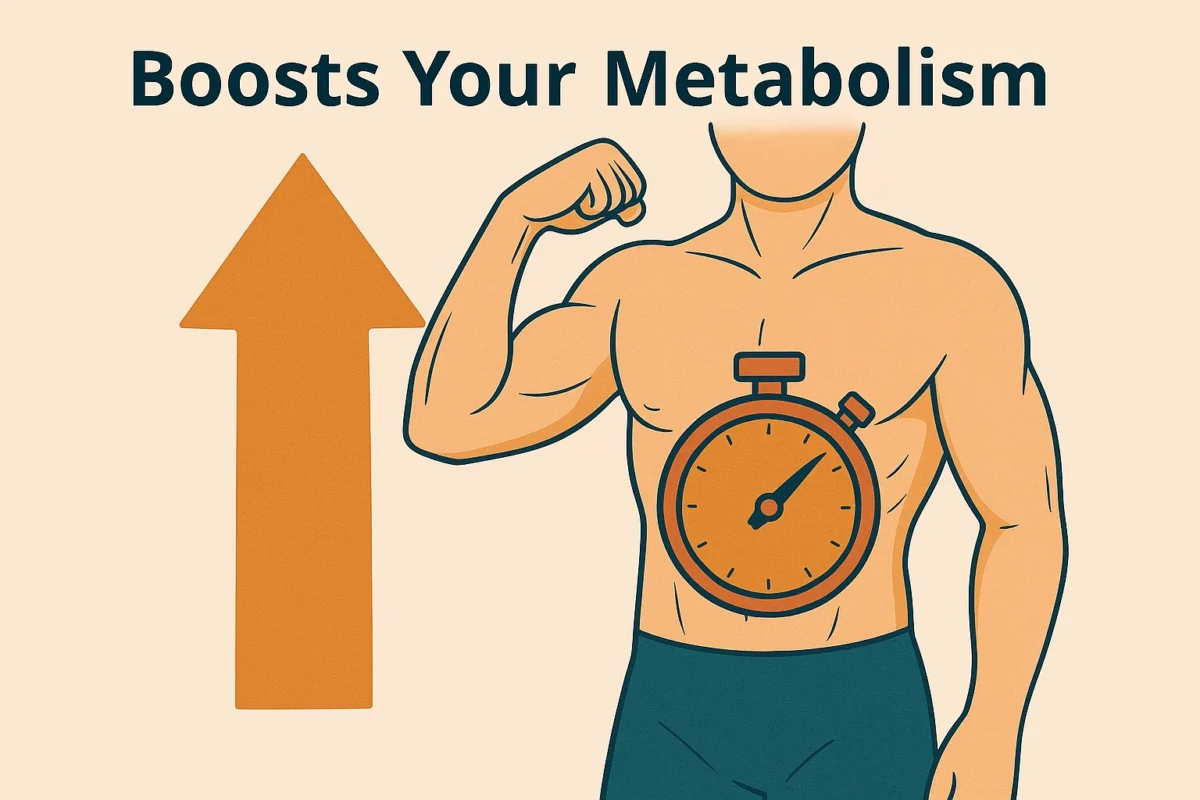
Whether you choose whey, soy protein, or other protein sources, this process requires a significant amount of energy expenditure. Studies show that this metabolic boost from protein can increase your daily calorie burn by up to 42%, supporting both weight loss and muscle-building goals.
Just verify your chosen protein is tested for heavy metals and meets quality standards.
#It May Help You Lose Belly Fat
Research consistently shows that protein shakes can be a powerful tool in targeting stubborn belly fat, particularly the dangerous visceral fat that accumulates around your organs.
This type of abdominal fat isn’t just cosmetically undesirable – it’s linked to serious health issues like heart disease and insulin resistance.
Studies demonstrate that increasing your protein intake through quality protein shakes can make a significant difference.

When you consume whey protein regularly, you’ll likely see better results in reducing belly fat compared to lower-quality protein supplements.
In one study, women who added just 40 grams of whey protein daily showed noticeable reductions in abdominal fat.
Another study found that participants consuming 56 grams of whey protein daily lost 5 pounds of body fat over 23 weeks compared to the control group.
Protein Alone Isn’t Enough for Weight Loss
While protein shakes can support your fitness goals, they’re not a magical solution for weight loss on their own. Whether you choose pea protein or other protein sources, protein powders must be part of a thorough weight management strategy focused on creating a calorie deficit.
To achieve successful weight loss, you’ll need to balance your total caloric intake while maintaining adequate protein consumption. Even high-quality protein contains calories (4 per gram), and consuming too much can prevent weight loss or lead to weight gain.
The key is combining proper nutrition with both cardio and resistance training. Your best approach is to use protein shakes as one tool in your arsenal while focusing on overall calorie management and regular exercise.
Skip the Shake, Keep the Protein
Although protein shakes have become a fitness industry staple, you don’t necessarily need them to build muscle or lose weight.
Whether you’re considering hemp protein, rice protein, or soy-based protein supplements, natural food sources can provide all the protein you need.
You can easily meet your daily protein requirements through wholesome foods like eggs, fish, poultry, and meat. These natural sources typically provide 0.4 grams of protein per pound of body weight, which is the recommended daily allowance for muscle maintenance and growth.
If you’re following a plant-based diet, soy products offer complete protein profiles that are comparable to those found in animal-based sources.
While protein shakes offer convenience, they’re often expensive compared to whole foods.
Save your money and focus on creating balanced meals that naturally deliver essential proteins.
To Wrap It All Up
Like a well-oiled machine, your fitness journey needs more than just protein shakes to reach its peak. While they’re a valuable tool in your arsenal, you’ll need to combine them with proper training and nutrition to access actual gains.
Whether you’re chasing Arnold-worthy muscles or working to shed pounds, remember that shakes are just one piece of your fitness puzzle – not the entire picture.
FAQs
What Do Protein Shakes Do for Your Body?
Protein shakes provide amino acids that repair and build muscles, support recovery after workouts, and maintain lean body mass. They also help regulate appetite by increasing fullness, which can aid weight management. Drinking protein shakes ensures adequate daily protein intake, especially for active individuals and athletes.
Are Protein Shakes Good for You?
Protein shakes are good for you when used to meet daily protein needs, support muscle repair, and enhance workout recovery. They provide convenient, high-quality protein, but excessive intake can strain kidneys and add unnecessary calories. Choosing shakes with minimal added sugar ensures health benefits without negative effects.
How Do Protein Shakes Help Build Muscle?
Protein shakes help build muscle by providing essential amino acids that stimulate muscle protein synthesis. Consuming protein after workouts repairs muscle fibers damaged during exercise, leading to growth and strength gains. Fast-digesting proteins like whey are effective in supporting muscle recovery and development.
Can You Lose Weight With Protein Shakes?
You can lose weight with protein shakes by using them to replace high-calorie meals, control appetite, and maintain muscle mass during calorie deficits. Protein increases fullness, reducing overall calorie intake. For effective weight loss, choose shakes low in added sugars and combine them with balanced meals and exercise.
Do Protein Shakes Help After Workouts?
Protein shakes help after workouts by supplying amino acids that repair and rebuild muscle fibres damaged during exercise. Drinking protein within 30-60 minutes post-workout promotes muscle recovery, reduces soreness, and supports strength and growth. Whey protein is effective due to its fast absorption rate.
Do Protein Shakes Make You Gain Weight?
Protein shakes can make you gain weight if they add extra calories beyond your daily needs. When used to supplement meals without adjusting overall intake, they contribute to weight gain. However, when replacing meals or used with calorie control, they support weight management and muscle building.
Are Homemade Protein Shakes Better?
Homemade protein shakes are often better because they allow control over ingredients, avoiding added sugars and artificial additives found in commercial shakes. You can include natural protein sources like milk, yogurt, nuts, and seeds. Homemade shakes provide customised nutrition aligned with fitness goals and health needs.

